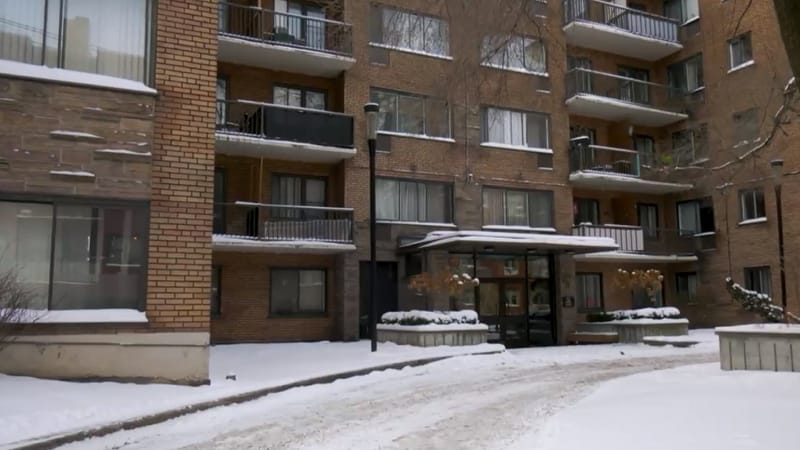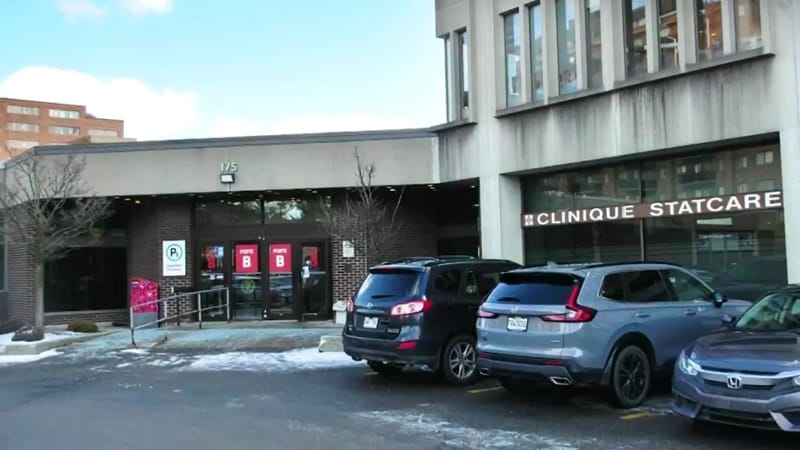Bill Gates invests in Montreal company looking to remove CO2 from air
“It’s not a technology problem; it’s an energy problem. We don't have enough energy and we need to drive up the efficiency of the power use"

Bill Gates’ Breakthrough Energy Catalyst is granting US$40 million to Deep Sky, a Montreal-based company, to assist in testing its carbon removal technology in Alberta.
Deep Sky is building a $100-million pilot plant in Innisfail, Alberta, approximately an hour's drive from Calgary, where it will test eight different technologies aimed at removing carbon dioxide (CO2) from the atmosphere. The company's CEO, Damien Steel, emphasized that their primary focus is to reduce the cost of CO2 removal.
Breakthrough Energy Catalyst aids companies in scaling and deploying their technologies and provides advisory support to those it funds.
Gates, who has spoken about the devastating impacts of greenhouse gas emissions, remains optimistic about the potential to address climate change, highlighting the importance of innovation. "That’s what Breakthrough Energy is all about," he stated in a video on the organization's website.
Steel, who previously worked at OMERS Ventures, mentioned that Deep Sky, founded about a year ago, is technology-agnostic and aims to develop carbon removal projects without inventing the underlying technologies. The company’s team has reviewed around 100 carbon removal technologies, selecting the eight most promising to be tested in the Alpha project.
The technology faces significant challenges, including the creation of an economic framework. Steel described the current reliance on the “voluntary market,” where companies and organizations voluntarily pay to remove CO2 due to pressure from stakeholders such as investors, communities, and activists. As climate change worsens, Steel believes there will be increased pressure to act. "The results of putting more and more CO2 in the air are going to be felt more drastically over the next 10 to 15 years," he said. "There is a deep desire to do something about it."
Steel noted that a “legitimate framework” is needed to allow companies to claim credits for carbon removal, or even trade them. Microsoft and the Royal Bank of Canada have already committed to purchasing carbon credits from Deep Sky’s Alpha project, which is set to begin operations next year.
For Deep Sky's project to succeed, the cost of removing a tonne of CO2 needs to decrease by about 50%, from around US$600 to US$1,000 per tonne to US$300 per tonne. Steel explained that energy costs make up more than half of the operational expenses, with the current issue being a lack of sufficient energy efficiency. “It’s not a technology problem; it’s an energy problem. We don’t have enough energy, and we need to drive up the efficiency of the power use,” he said.
In Canada, the carbon removal sector is primarily led by Carbon Engineering, based in Squamish, B.C., which is also supported by Bill Gates. Carbon Engineering operates a pilot plant and is involved in a venture, backed by Occidental Petroleum, to build the world’s largest direct air capture plant in the Texas Permian Basin.
Steel believes that direct air capture (DAC) could become a "multi-trillion-dollar industry" over the next decade.





